Executive dysfunction can make even the simplest tasks feel impossible. You may struggle with planning, organizing, or following through. When you’re stuck, getting started feels overwhelming. However, there are strategies to break through the barriers. Below are evidence-based tips to help you get moving, even when executive dysfunction holds you back.
Break Tasks into Smaller Steps
Large tasks often feel overwhelming when executive dysfunction is present. Break tasks into smaller, more manageable steps. For example, if cleaning a room feels impossible, start with picking up one item. Research shows that taking small steps helps reduce overwhelm and builds momentum.
Use the “Five-Minute Rule”
Tell yourself you’ll work on a task for just five minutes. Often, starting is the hardest part. Once you begin, the momentum will help you continue. Studies show that committing to a small amount of time reduces resistance and increases task initiation.
Set Clear, Simple Goals
Clear goals help reduce mental clutter. Set one or two specific goals for the day. For instance, instead of saying, “I’ll finish my project,” aim for “I’ll spend 15 minutes outlining ideas.” Research supports that setting clear, realistic goals helps reduce the overwhelm caused by executive dysfunction.
Minimize Distractions
Distractions can make executive dysfunction worse. Create a focused environment by minimizing visual or auditory distractions. For example, silence your phone or work in a clutter-free space. Transitioning into a distraction-free zone can help you stay on task longer.
Use Timers or Alarms
Timers help structure your time and provide reminders. Set an alarm to start a task or use a timer for time-blocking. This adds a sense of urgency and helps create a starting point. Research shows timers help individuals with executive dysfunction manage time and improve focus.
Practice Self-Compassion
Executive dysfunction often leads to frustration or self-blame. However, being hard on yourself can make it harder to get started. Instead, practice self-compassion. Remind yourself that struggling with tasks is part of the challenge, and progress is what matters. Studies show that self-compassion improves motivation and reduces feelings of defeat.
Utilize Visual Aids or Checklists
Visual aids, like checklists or reminders, help you keep track of tasks. Write down your goals for the day or use sticky notes to remind you of important tasks. Research shows visual cues are highly effective for individuals struggling with executive dysfunction.
Reward Yourself for Progress
Positive reinforcement helps build new habits. After completing a task, reward yourself. Rewards can be simple, like taking a break, watching your favorite show, or enjoying a snack. Studies indicate that rewards reinforce positive behavior and increase the likelihood of repeating tasks.
Two Resources
The Smart but Scattered Guide to Success is an essential resource for those struggling with executive dysfunction.
Written by Peg Dawson, EdD, it offers practical strategies to strengthen executive skills, such as organization, planning, and task completion. The guide is evidence-based and breaks down complex tasks into manageable steps, making it easier for individuals to build sustainable habits. Whether you’re looking to improve time management, reduce procrastination, or better organize your life, this book provides clear, actionable advice tailored to diverse needs.
Goblin Tools is a versatile app designed to support neurodivergent individuals with executive dysfunction.
It offers tools like task breakdown, step-by-step guidance, and reminders, all presented in a simple and intuitive interface. Whether you need help breaking a task into smaller pieces, Goblin Tools helps you stay organized and on track. By making tasks feel less overwhelming, it becomes easier to tackle daily responsibilities and build momentum. This app can be a game-changer for those who struggle with getting started and following through.
Executive dysfunction can feel paralyzing, but you don’t have to stay stuck. With small steps, clear goals, and self-compassion, you can start making progress. Practice these strategies regularly to build confidence and improve your ability to take action.
Share This Story
Ashley M. Allen, PsyD is a Colorado-based licensed clinical psychologist who sees clients virtually nationwide through PSYPACT. Dr. Allen specializes in LGBTQ+, alternative lifestyles, emotional disorders, ADHD, BPD and chronic illness. Stay tuned to her blog for tips on mental wellness.


